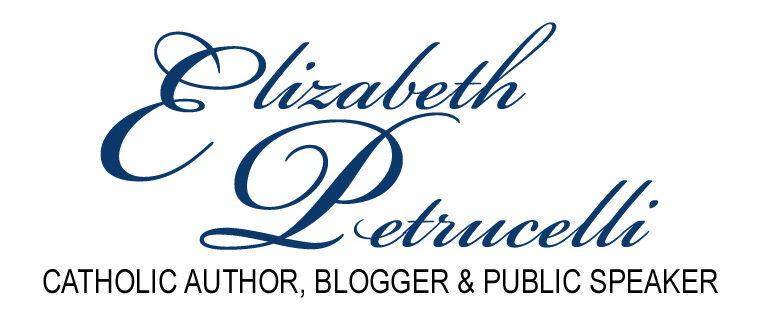I remember when I attended my last pregnancy prenatal yoga class. On the first day, the instructor asked, “What pregnancy is this for you?” She asked all the attendees. She started with “Raise your hand for #1,” then said, “#2?” “#3?” With each number, women would raise their hands but she stopped at #3. I…
Category: pregnancy after loss
Use of a Fetal Doppler in Pregnancy
DISCLAIMER: I am not a medical professional. Please consult with your doctor or midwife if you have any questions regarding this information and opinion on the use of a fetal Doppler in pregnancy. I want to address this fear-mongering article from Bustle. In the article, This New Pregnancy Trend Among Millennial Women Could Seriously Harm Unborn…
My Unexpected Pregnancy
When I received the positive pregnancy test, I wasn’t met with feelings of excitement and joy; rather, I experienced intense fear and anxiety. I had just been to my priest to confess that I had been having thoughts about abortion if I were to become pregnant again. Shocking, I know. If you know me, you…
I’m back!
My blog has been quiet for months. I apologize for that and will try to get it back on track. Several things have been keeping me from writing. First, I have a writer’s block. I have it very badly. Ever since I unexpectedly became pregnant last year, my mind has been blocked and was overly…
Pregnancy After Loss – Bargaining
When you pee on that stick and see the positive, you are elated…usually. Even in pregnancy after loss, there are moments of excitement which appear immediately upon seeing the positive test but it isn’t usually long until the worry and anxiety sets in. It’s almost as if entering pregnancy after loss means restarting the stages…

